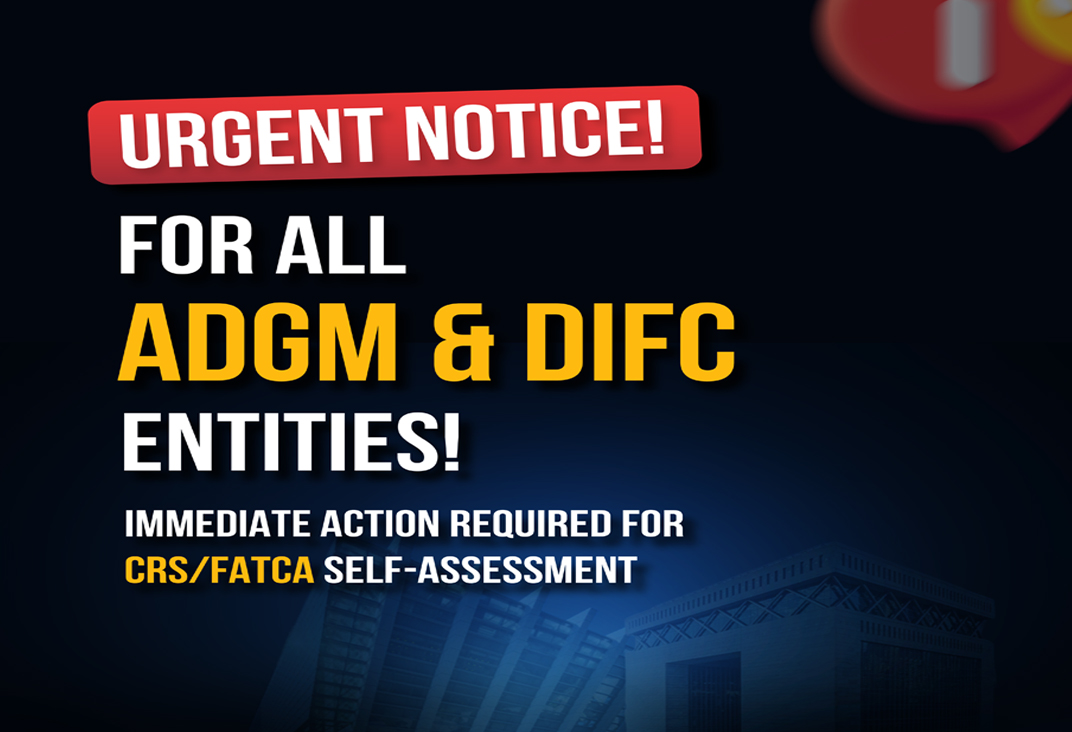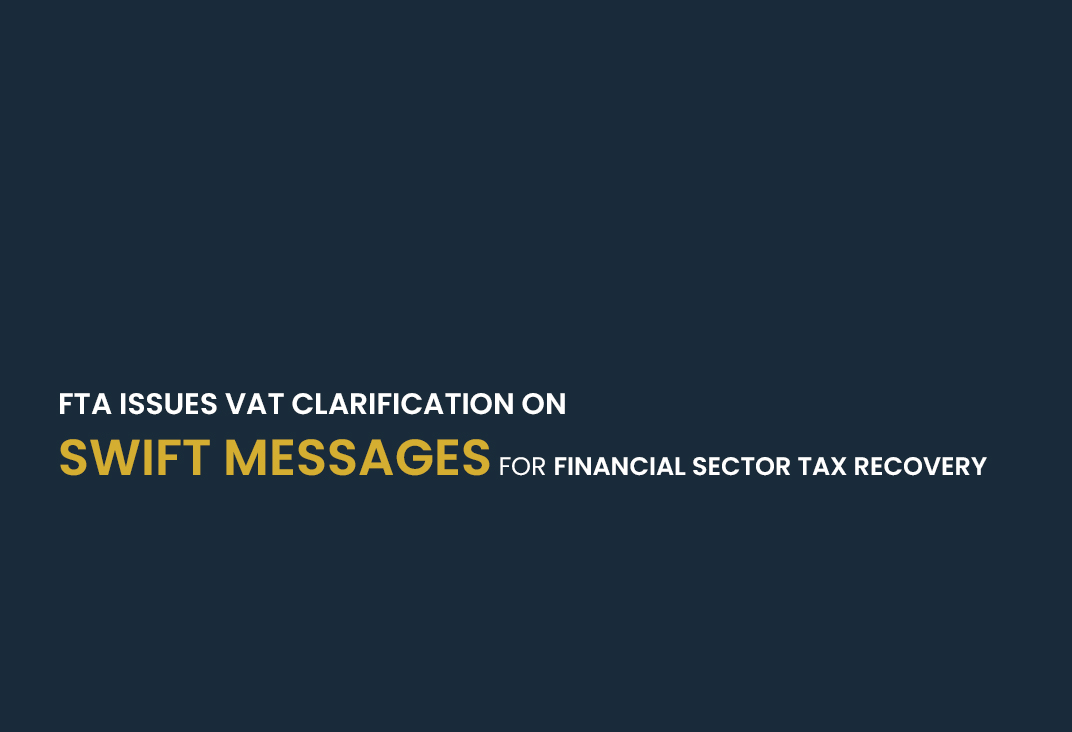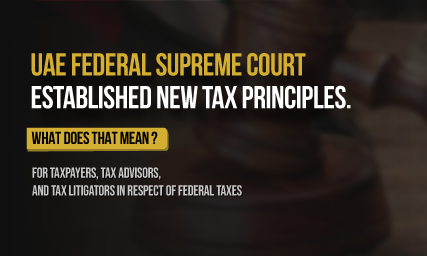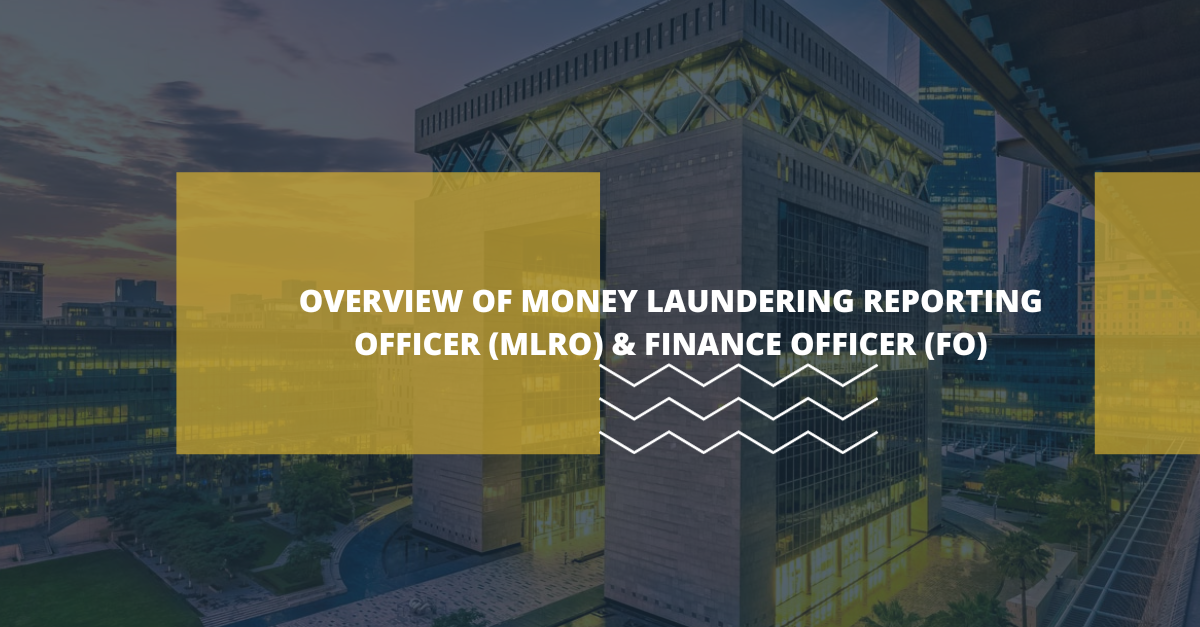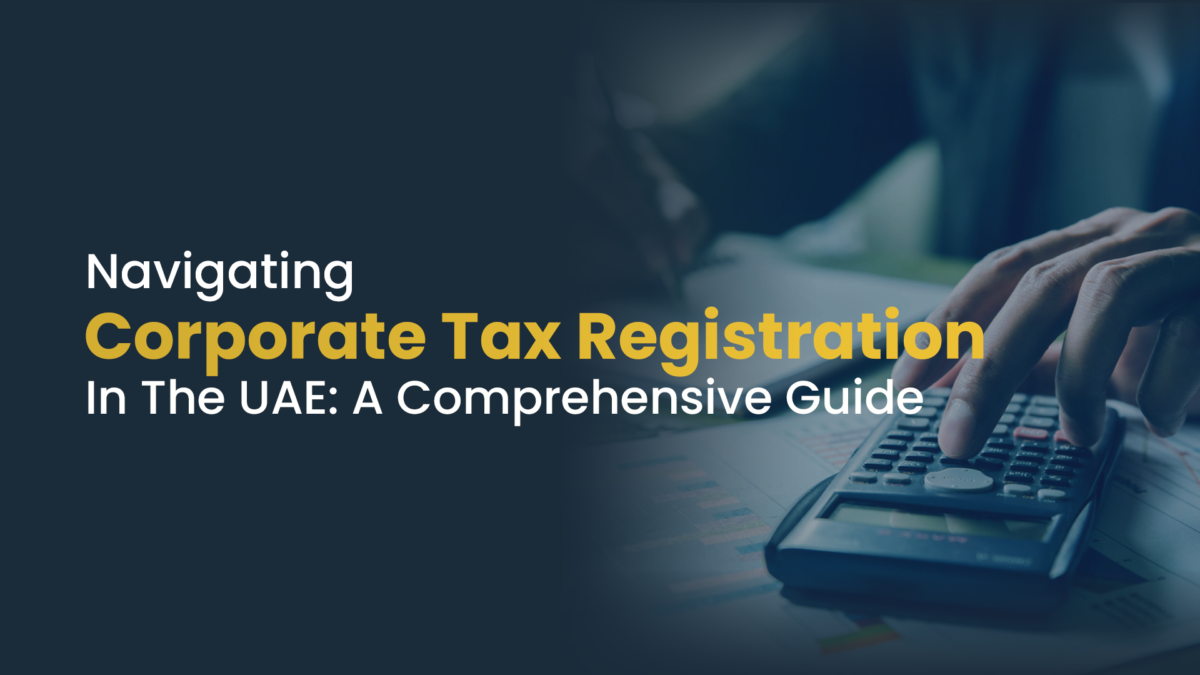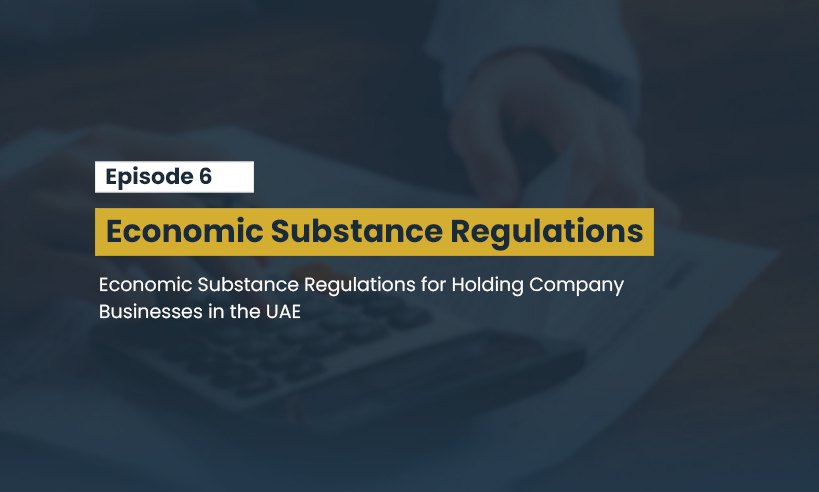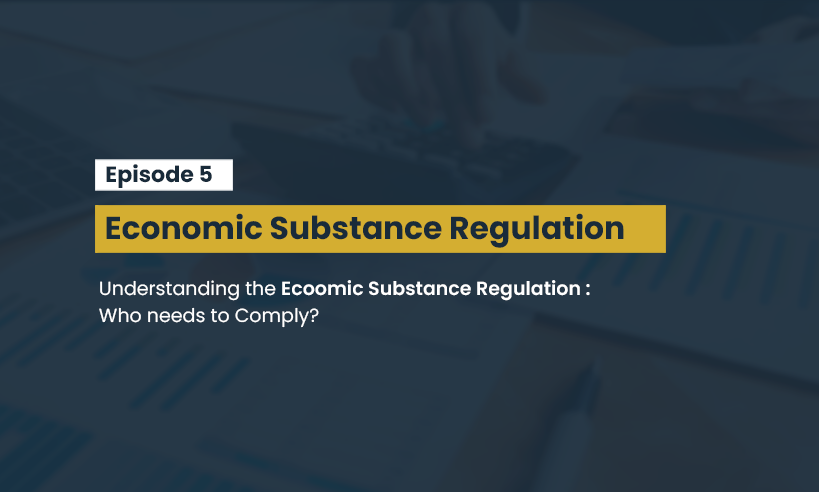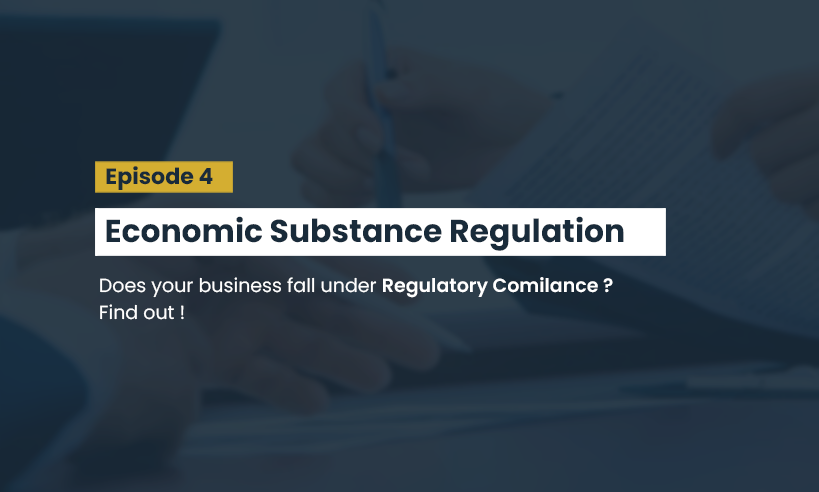You might be familiar with the current outreach efforts from the Abu Dhabi Global Market (ADGM) and Dubai International Financial Centre (DIFC), urging entities to promptly address the pressing need for compliance with the CRS/FATCA self-assessment. This latest regulatory push serves as a reminder of the crucial importance of keeping pace with the continually evolving realm of financial standards.
A Roadmap for CRS/FATCA Self-Assessment Compliance in DIFC and ADGM
The Financial Services Regulatory Authority (FSRA) of Abu Dhabi Global Market (ADGM) has levied fines totaling AED 170,000 on six financial institutions due to violations of the Common Reporting Standard Regulations (CSR) 2017. This case is a true indication of how crucial is to stay informed about the latest requirements to ensure compliance in the financial landscape. Both the Abu Dhabi Global Market (ADGM) and Dubai International Financial Centre (DIFC) have issued urgent directives related to CRS/FATCA self-assessment.
Understanding more about CRS and FATCA can be an add-on:
Common Reporting Standard (CRS)
Common Reporting Standard (CRS), a regulatory cornerstone developed by the Organisation for Economic Co-operation and Development (OECD) and established in the UAE in 2017 is for guiding the gathering and international exchange of financial account and tax-related information. The CRS outlines the specific parameters within which financial institutions are required to operate, defining the scope of financial information to be collected and reported. Moreover, it sheds light on the due diligence procedures these financial entities must follow.
The Foreign Account Tax Compliance Act (FATCA)
The Foreign Account Tax Compliance Act (FATCA) is a law intended to curb the practice of using offshore accounts and financial assets to evade U.S. taxes. Passed as part of the HIRE Act in 2010, FATCA requires U.S. persons, foreign financial institutions (FFIs), and other non-financial foreign entities (NFFEs) to provide the United States Department of the Treasury reporting on foreign assets or be subjected to serious penalties.
Let’s go through the requirements of both DIFC and ADGM:
Time is of the essence when it comes to compliance.
Entities in DIFC are required to complete and submit the self-assessment form to crsfatca@difc.ae by February 28, 2024, to avoid penalties.
If your entity was newly licensed in ADGM during 2023, the Entity Self-Certification Form (SCF) must reach crssc@adgm.com by April 30, 2024, to mitigate potential consequences.
For all the other ADGM entities, you may complete the updated SCF within the stipulated deadline informed to you by the authority.
How MS can help you for your seamless compliance with CRS/FATCA self-assessment:
Stay ahead of the curve! Our Regulatory and Compliance Assistance Team will guide your organization through all the compliance requirements detailed in the latest directives from DIFC and ADGM. Don’t hesitate to get in touch; together, let’s ensure that your entity not only fulfills but exceeds its obligations under these vital directives.
In conclusion, staying informed and compliant with the latest DIFC and ADGM requirements for CRS/FATCA self-assessment is vital for the financial growth of your entity. Act promptly, meet deadlines, and consider partnering with MS for a smooth and reliable compliance journey. Your entity’s financial well-being is our priority!
Disclaimer: Content posted is for informational & knowledge-sharing purposes only and is not intended to be a substitute for professional advice related to tax, finance or accounting. No warranty whatsoever is made in this regard, and it is not intended to provide and should not be relied on for tax/finance/legal/complaince advice. The content posted is subject to future amendments/changes/clarifications in the regulation by the authorities. For any clarifications, you may contact our tax team.
